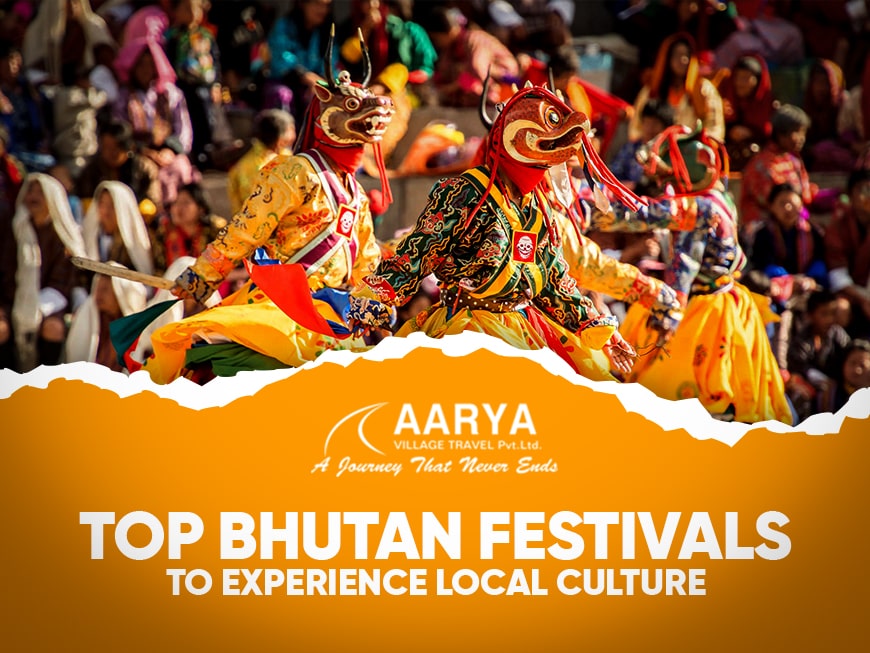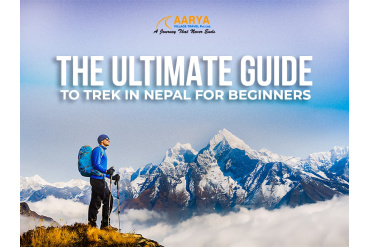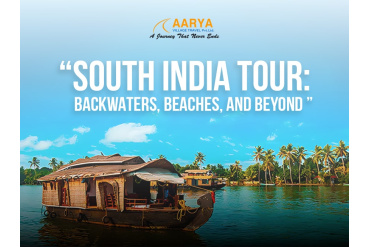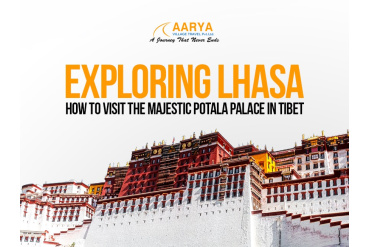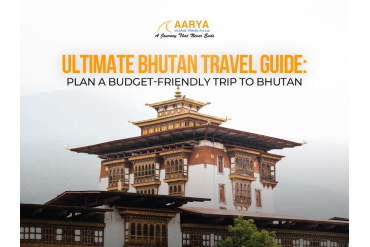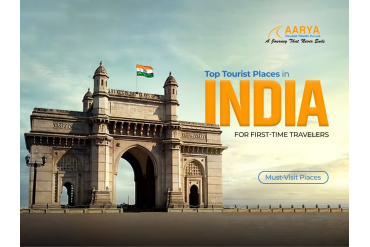Top Bhutan Festivals to Experience Local Culture
Bhutan, the mystical “Land of the Thunder Dragon,” is known for its rich culture, deeply rooted in ancient traditions and strongly connected to spirituality.
One of the most captivating aspects of Bhutanese culture is its vibrant festivals, which not only celebrate the country’s spiritual heritage but also its unique customs and traditions. Bhutan’s festivals are a window into the heart of the kingdom, offering visitors a chance to experience its profound cultural identity and the deep reverence its people have for nature, deities, and their ancestors. These festivals are an intrinsic part of Bhutan’s national identity and a must-experience for anyone seeking to understand the country’s essence.
In this blog, we will explore some of the most popular and significant Bhutan festivals, from the grandeur of the Thimphu Tsechu to the unique Black-Necked Crane Festival. These celebrations offer travelers an unforgettable glimpse into Bhutan’s ancient culture, and many of these festivals are deeply tied to religious observances, local customs, and the country’s conservation efforts.
1. Thimphu Tsechu Festival
The Thimphu Tsechu, held in Bhutan's capital, is one of the country’s largest and most important festivals. It honors Guru Rinpoche through an array of ritual dances performed in the grand Tashichho Dzong. Locals and visitors alike gather in vibrant attire to witness the sacred Cham dances that narrate Bhutanese spiritual myths and legends.
One of the highlights is the unfurling of the Throngdrel, a massive and intricately painted religious scroll believed to bestow blessings upon those who view it. The festival also provides a communal space for reflection, spiritual renewal, and celebration of Bhutan’s rich heritage.
2. Paro Tsechu Festival
The Paro Tsechu, celebrated in the spring, is among Bhutan's most revered festivals. Held at the imposing Paro Dzong, the event features mesmerizing Cham dances, with performers donning elaborate masks and costumes. These dances are not just performances but sacred rituals believed to cleanse the soul and ward off evil spirits.
The Paro Tsechu festival culminates in the unveiling of a gigantic thangka of Guru Rinpoche, a moment that draws pilgrims and visitors from across the country. The Paro Tsechu is a vibrant blend of spirituality, tradition, and social celebration, offering an unforgettable experience for all attendees.
3. Black-Necked Crane Festival
In the serene Phobjikha Valley, the Black-Necked Crane Festival pays homage to one of Bhutan’s most cherished winter visitors, the black-necked crane. Organized by the local community, the festival combines cultural performances, environmental education, and a celebration of Bhutan’s commitment to wildlife conservation.
Traditional dances and songs emphasize the cultural importance of these endangered birds, while the scenic valley offers a stunning backdrop. This festival is a reminder of Bhutan’s unique philosophy, where spirituality, culture, and environmental stewardship coexist harmoniously.
4. Jomolhari Mountain Festival
Nestled in the shadow of the Himalayan peaks, the Jomolhari Mountain Festival celebrates the rich culture and biodiversity of Bhutan’s highlands. Held in the Jomolhari region, the festival offers visitors the chance to immerse themselves in local traditions through cultural performances, exhibitions, and outdoor activities.
The festival also highlights conservation efforts and sustainable tourism, inviting trekkers to experience the majestic beauty of Mount Jomolhari while gaining a deeper appreciation for the highland way of life.
5. Royal Highland Festival
At an elevation of 4,000 meters, the Royal Highland Festival in Laya offers a unique glimpse into the life and culture of Bhutan’s nomadic highlanders. Initiated by His Majesty the King in 2016, the festival celebrates the rugged beauty of the Himalayan highlands and the resilient spirit of its inhabitants.
Visitors can interact with the highlanders, witness their traditional customs, and enjoy panoramic views of the surrounding mountain ranges. With its intimate setting and authentic experiences, this festival is truly one of Bhutan's hidden gems.
6. Punakha Tshechu
The Punakha Tshechu combines spirituality with history, commemorating the victory of Bhutanese forces over Tibetan invaders during the time of Zhabdrung Ngawang Namgyel. Set against the backdrop of the majestic Punakha Dzong, the festival includes reenactments of historic battles, traditional dances, and vibrant celebrations.
Held towards the end of winter, this festival takes place during one of the most pleasant times of the year, making it a must-visit event for those exploring the Punakha Valley.
7. Druk Wangyel Tshechu
Unlike traditional Tsechus, the Druk Wangyel Festival is a contemporary celebration commemorating the triumphs of modern Bhutan. Curated by Dasho Karma Ura, this one-day event is held every December 13 at the Dochula Pass, offering breathtaking views of the Himalayan range.
Performed by soldiers instead of monks, the dances reflect themes of patriotism and resilience. Attended by Bhutan’s royal family and political leaders, the Druk Wangyel Festival is a testament to the nation's evolving traditions.
8. Talo Tshechu
The Talo Tshechu, celebrated in the picturesque Punakha Valley, is an intimate event that draws villagers from Talo and its surroundings. Just a two-hour drive from Thimphu, the festival is cherished for its close-knit atmosphere and cultural authenticity.
Traditional dances, prayers, and rituals fill the air with a sense of community and devotion, making the Talo Tshechu a charming festival for those seeking an off-the-beaten-path experience in Bhutan.
Each of these festivals, whether grand or intimate, reflects Bhutan’s unique identity—a harmonious blend of spirituality, culture, and nature. By experiencing these celebrations, visitors not only witness the vibrant life of Bhutan but also become part of its living heritage.
Celebration of Culture, Tradition and Faith
The festivals of Bhutan are a celebration of the country’s deep spiritual traditions, vibrant cultural heritage, and commitment to environmental preservation. From the grandeur of the Thimphu Tsechu to the ecological importance of the Black-Necked Crane Festival, each festival offers a unique opportunity to experience the essence of Bhutanese life. These festivals are not only a time for spiritual reflection and cultural pride but also a reminder of the harmonious relationship that exists between the people, their faith, and the land they inhabit.
Whether you’re a traveler looking to immerse yourself in Bhutan’s rich traditions or a nature lover keen on witnessing the country’s conservation efforts, Bhutan’s festivals offer an unforgettable experience. These celebrations allow visitors to connect with the kingdom’s soul, leaving with memories of a land that thrives on its cultural roots, spiritual reverence, and commitment to protecting its natural beauty. Bhutan’s festivals are more than just events—they are a way of life, a living testament to the kingdom’s timeless traditions and enduring values.

